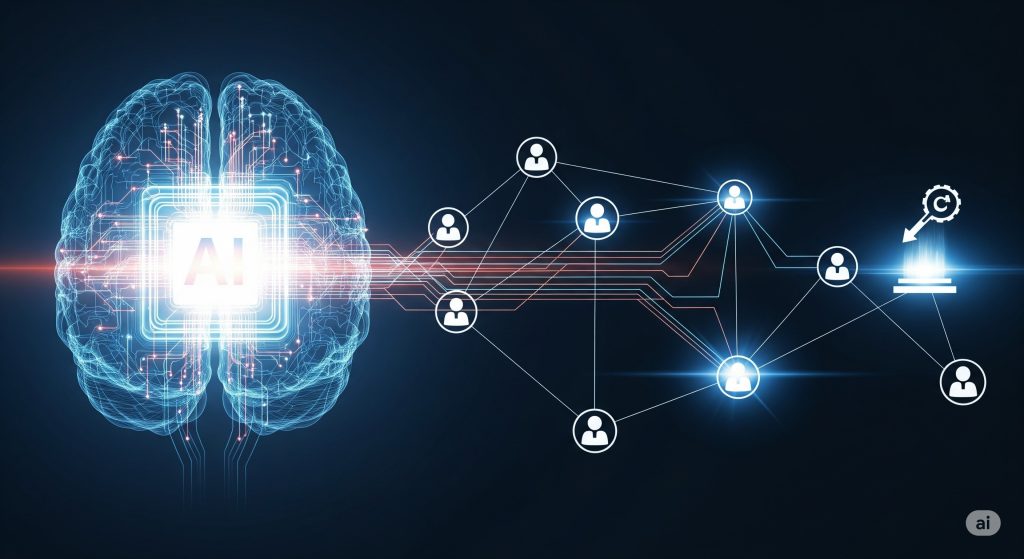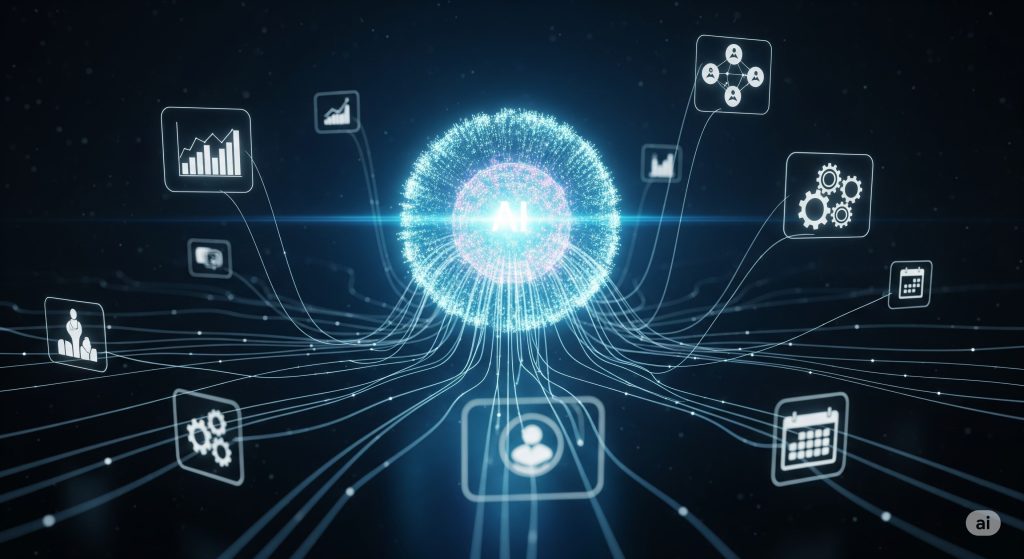Are you prepared for a world where machines take over human jobs? The rapid advancement of AI Agents has sparked a heated debate about the future of employment. As these intelligent systems become increasingly capable, they possess the potential to automate tasks traditionally performed by humans, raising concerns about job displacement. However, history has shown that technological progress often leads to both job losses and the creation of new opportunities. By exploring the current state of AI in the workplace, the potential impact on various industries, and the role of humans in an AI-driven job market, we can better understand the challenges and opportunities that lie ahead.
Historical Perspective: From Industrial Revolution to AI Revolution
The relationship between technological advancement and employment has always been complex. During the Industrial Revolution, automated machinery replaced manual labor in factories, creating initial workforce displacement. However, this transformation ultimately led to new job categories and increased productivity.
“Historically, technological advancements have always influenced employment, often leading to both job losses and the creation of new opportunities.”
Lessons from Past Technological Shifts
- Steam power created new industrial roles
- Assembly lines generated specialized positions
- Computer revolution spawned entire IT sectors
Current AI Integration in Today’s Workplace
AI agents are rapidly transforming modern workplaces, with implementations ranging from customer service chatbots to complex data analysis systems. Organizations increasingly rely on AI-powered tools to streamline operations and enhance productivity.
Key Areas of AI Implementation
- Automated customer support systems
- Data analysis and pattern recognition
- Process automation in manufacturing
- Administrative task management
- Quality control and monitoring
Understanding AI’s Impact on Employment
The potential for AI agents to replace human jobs varies significantly across different roles and industries. While routine and repetitive tasks face higher automation risks, jobs requiring emotional intelligence, creativity, and complex decision-making remain predominantly human-driven.
Industries Most Affected by AI Automation
- Manufacturing and production
- Customer service and support
- Financial services and banking
- Transportation and logistics
- Healthcare administration
The Human Element in an AI-Driven Economy
Despite automation concerns, human skills remain crucial in the workplace. The focus shifts toward abilities that AI cannot easily replicate:
- Critical thinking and problem-solving
- Emotional intelligence and interpersonal skills
- Creative innovation and design thinking
- Strategic planning and decision-making
- Ethical judgment and moral reasoning
Ethical Considerations in Workplace Automation
The integration of AI agents raises important ethical questions about:
Privacy and Data Protection
- Employee monitoring concerns
- Personal information handling
- Data security requirements
Fairness and Equality
- Equal access to opportunities
- Bias in AI decision-making
- Impact on vulnerable workforce segments
Emerging Opportunities in the AI Era
As automation reshapes traditional roles, new job categories emerge:
Growing Career Fields
- AI systems management
- Data ethics and governance
- Human-AI collaboration specialists
- Digital transformation consultants
- Automation strategy experts
Preparing for an AI-Integrated Future
Success in the evolving job market requires proactive adaptation:
Essential Steps for Future Readiness
- Continuous skill development
- Digital literacy enhancement
- Adaptability to technological change
- Focus on uniquely human capabilities
- Understanding AI limitations and strengths
“The key lies in how society adapts to these changes, balancing the benefits of automation with the need for human skills and creativity.”
The End or the Beginning?
The integration of AI agents into the workforce represents not an endpoint but a transformation in how we work and create value. While automation will inevitably displace some traditional roles, history teaches us that technological advancement creates new opportunities alongside challenges. Success in this evolving landscape depends on our ability to adapt, emphasizing uniquely human capabilities while leveraging AI’s strengths. By focusing on continuous learning, embracing change, and maintaining ethical considerations, we can shape a future where humans and AI agents collaborate effectively. The question isn’t whether AI will change the job market—it’s how we’ll position ourselves to thrive in this new era.
What steps will you take to prepare for this AI-integrated future?
FAQs
1. How will AI agents impact job availability in the future?
AI agents are likely to automate routine tasks, potentially reducing the need for certain roles. However, they will also create new opportunities in AI management, data ethics, and human-AI collaboration.
2. Which industries are most vulnerable to AI-driven automation?
Industries such as manufacturing, customer service, and financial services are more susceptible to automation due to the repetitive nature of many tasks within these sectors.
3. What skills should workers develop to remain relevant in an AI-driven job market?
Workers should focus on developing skills that AI cannot easily replicate, such as critical thinking, emotional intelligence, creativity, and strategic decision-making.
4. What ethical considerations should be addressed with AI integration in the workplace?
Key ethical considerations include privacy and data protection, fairness and equality in AI decision-making, and ensuring equal access to opportunities.
5. How can society prepare for the changes brought by AI in the job market?
Society can prepare by promoting continuous skill development, enhancing digital literacy, and fostering adaptability to technological changes, ensuring that the workforce is equipped to thrive alongside AI advancements.


